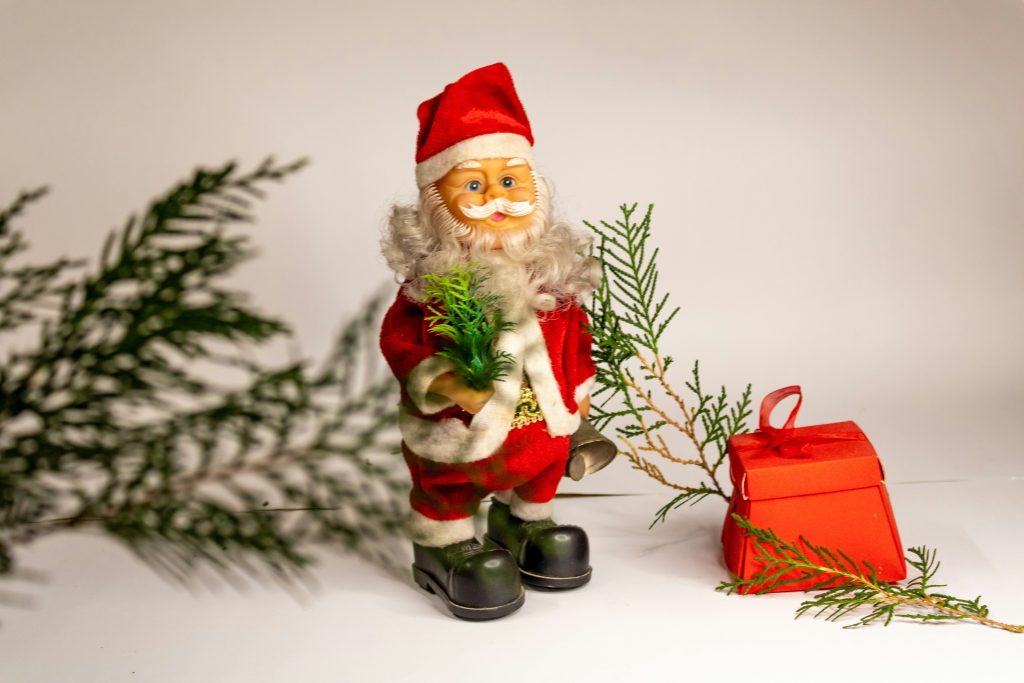As a result of Brexit, from 1 January 2021, there will no longer be any free movement of goods between the Netherlands and the United Kingdom (UK). When you do business with the UK these days, the VAT legislation for a country outside the EU applies. As a seller you also have to pay VAT yourself to the British tax authorities.
There are different scenarios imaginable when it comes to doing business with the UK. We focus on the most common situation, when you sell goods or services from the Netherlands to customers in the UK.
1. Register with the tax authorities in the UK
When you sell goods to UK customers, you must be registered for UK VAT from the 1st of January 2021. Do you provide services to individuals? Then registration is not necessary and you charge Dutch VAT. Services are taxed in the country where they are performed. Do you only do business with companies and does your customer have a VAT number? Even then it is not necessary to register.
You can easily register online yourself. Go to this UK government registration page and make sure to have information such as turnover, business activity and bank details ready. Once you have submitted the registration application, you will receive a UK VAT certificate within 30 days.
2. Request a customs number from the UK government
If you conduct international business with the UK, you need an EORI number; a so-called customs number. Do you already have such a number for shipments outside the EU? Unfortunately that is not valid in the UK. You have to apply for a new one, directly from the British government.
With the Authorized Economic Operator (AEO) status, you also receive privileges during customs clearance. Think of fewer controls and priority if you do get picked for customs control. In addition, with an AEO permit you show that you are part of a safe logistics chain. Therefore it is worth requesting.
3. Make sure your invoices are in order
When you sell goods to a customer in the UK, you charge 0% VAT on the invoice. This is only allowed if you can prove that the goods have left the EU, for example with a consignment note. Use this tool from the Tax Authorities if you are unsure about VAT or if another scenario applies to your business activities. In order to have your shipment go through customs quickly, we advise you to clearly state the EORI number on the invoice.
4. VAT return
When selling goods to consumers in the UK, up to a value of £135, importation is exempt (no VAT charged at the border) and you will be subject to local UK VAT. You are therefore obliged to pay VAT yourself to the British tax authorities.
If the value of a package is £135 or more, it depends on the delivery conditions, who imports the goods and who has to pay VAT. The party importing the goods is responsible for UK VAT and customs declarations.
The export from the Netherlands is taxed with 0% VAT. You therefore do not owe Dutch VAT. You do, however, enter the turnover of your export on the Dutch VAT return. You do this under section 3a, ‘deliveries to countries outside the EU’.


